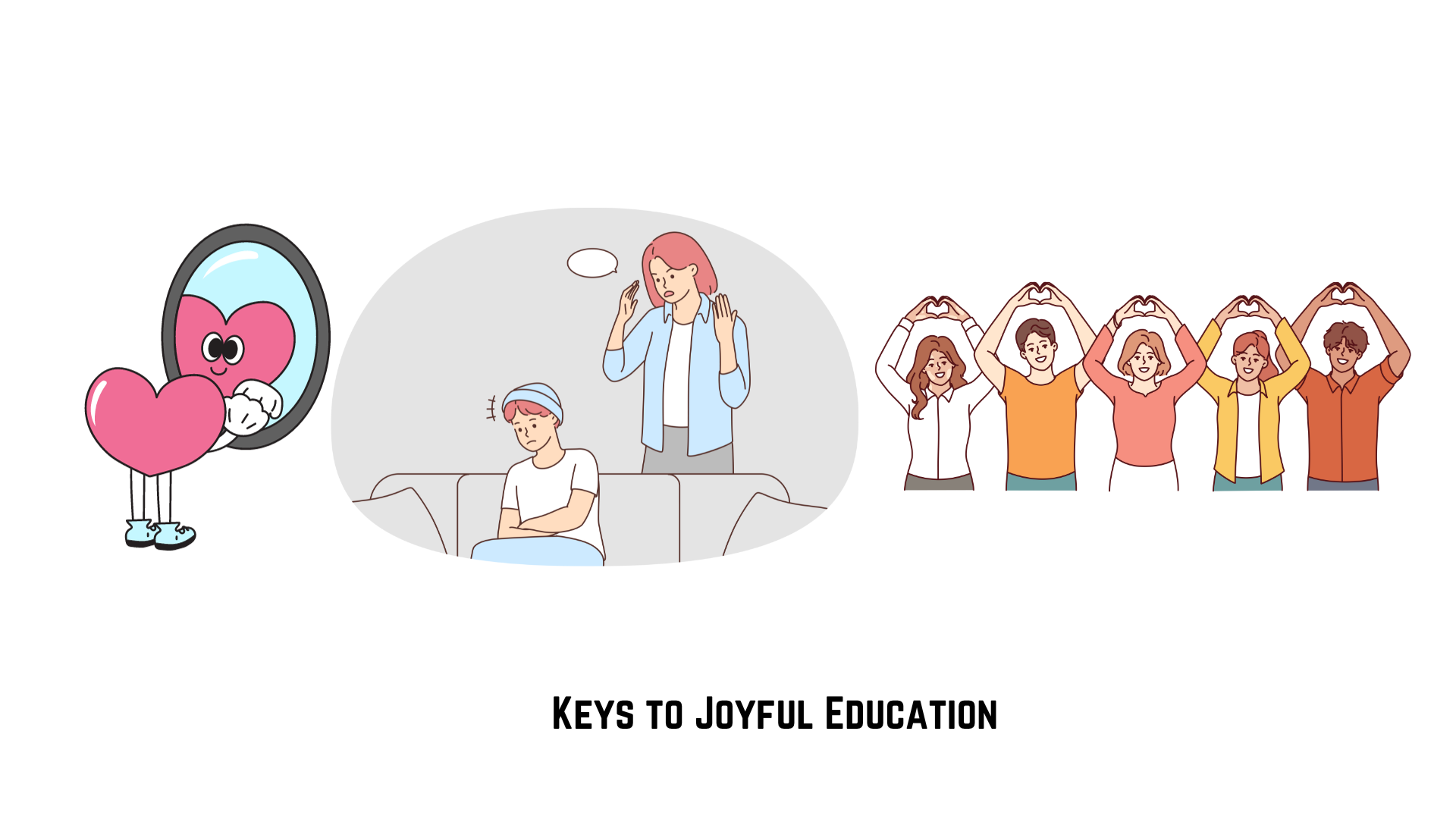Trending Now
- 830 voters names go missing in Kavundampalayam constituency
- If BJP comes to power we shall consider bringing back electoral bonds: Nirmala Sitaraman
- Monitoring at check posts between Kerala and TN intensified as bird flu gets virulent in Kerala
Columns
Chart a route beyond rote
![]() August 26, 2015
August 26, 2015
Meeta W. Sengupta
It should be simple to pass on knowledge and know-how to the next generation so that they can develop it to the next level.
Indeed, if treated like an assembly line, the schooling machine works perfectly efficiently, although it serves very limited goals that leaves students unprepared for both employability and life.
People, of course, are not machines, nor is true education a standardised processor-and this is why we stand at this crossroads. Learning outcomes are not rising despite more inputs into education. We need smarter solutions and a radical rethink.
Educate to build communities, schools to grow teams. While schooling is about disciplining cadres into certain behaviours and responses, education is about building competence. True learning can only come about in safe environments where the mind is free to soar.
It is time, thus, to end the power play in classrooms, where bullying often substitutes for authority, where examinations rule instead of structured discovery and punishments are used where self-discipline should be wrought.
Changing this will take hard work-indeed, every teacher will have to really engage beyond the job-lot, line-of-best-fit teaching that is currently the norm. Teachers will have to be at the frontline of this transformation.
Today, the first task is to grow good teachers so that they can grow the next generation to greatness, which is India’s aspiration.
So how does one make it happen? How do we build an education system where individual growth is supported at scale for one-seventh of the world’s population (and growing), with 3.33 per cent of the world economy?
Big problems need daring solutions and a steady hand. More so when they involve complex systems and nascent aspirations. So if we are not ready for Creative Destruction, let us at least invest in Constructive Disruption. Here is a road map.
Redesign Schools
Schools are at best assembly lines-and at worst prisons-in the way they are designed. Throw open these institutions to become centres of learning for all. Retain core learning in small groups for a few compulsory hours every day, but for the rest of the time, let there be free access for all to learning for interest or need.
There is no reason to either deny older students access to new literacy or younger students to more advanced levels. The four walls of the classroom can be redesigned to accommodate a more fluid learning environment.
Open classrooms allow for learning by need and self-motivation, not by imposition. Digital India can deliver much of this if they work with school systems.
Redesign Learning
Learning is both a process and an outcome. Learning how to learn is as important as what is being learnt. Learning needs to be dynamic to keep pace with changing content, tools and goals. Both teaching and learning evolve into co-learning, thus engaging teachers, students, and even administrators in new ways.
The teacher mentors, facilitates, tracks, sets (and raises) standards. This role is different from the one-way knowledge transfer of the past. Learning today is on the go, connected, real and applied; it follows need, talent and interest and makes lifelong learners of all.
New tools enable smart learning. Digital India applied to education enables learning to be arranged differently and to be far more self-directed than in the past. We need to trust and support learners to build forward for the future and enable discovery way beyond mere rote learning of facts.
Redesign Assessments
Smart assessments are un-gameable, or at least involve some thinking, analysis and skill beyond rote learning and mass cheating. It is time we designed intelligent question papers that respect competence rather than just memory.
This is the one tool that has the power to transform education by changing incentives, as learning will follow what assessments reward. The purpose of assessments is to inform and include, and they need to be numerous, low stakes and cumulative.
We need to stop using assessments as punishments and gates that only create fear and opportunism, and focus on creating assessments to direct learning.
Redesign Curriculum
India is at present struggling to ensure basic literacy for its students, but then it is also true that the curriculum separates these literacies from their context and application, which makes it tougher for students.
Moving beyond reductionist ‘right answers’ and ‘correct methods’ in learning, we need to raise expectations to make the curriculum more engaging and meaningful. For that, they will have to be supported with mentoring, apprenticeships, tutorials and other open-access resources.
A core curriculum will need to include old and new literacies, and will also be supplemented by research and critical thinking as necessary student skills. Curricula need to step up to be nimble, mobile and connected.
Redesign Accountability
Accountability is the spine of a good system, although it can strangle the system if overdone. The purpose of holding institutions to account is to be able to support their growth-and data gathering must reflect this goal.
We have no idea whether any system or intervention is effective because the right questions are not being asked. For example, we may know how many textbooks, toilets or science teachers are funded but we have little idea about their use, quality, need or impact.
Accountability can well become the means to resolve the debate between education as a public good and a private business. Where the state can provide access and scale, the private sector can provide innovation and outcomes.
Good governance via constructive community-based accountability is key to quality education.
Both students and employers need to show that the education system is broken enough to need a series of constructive disruptions as interventions.
The ones above are essential to move from indifferent mass schooling to build access to a better life that every Indian desires and deserves. India has made one shift away from being the land of snake charmers.
It now needs to move away from the land of jugaad to become the land of enterprise and skills






















